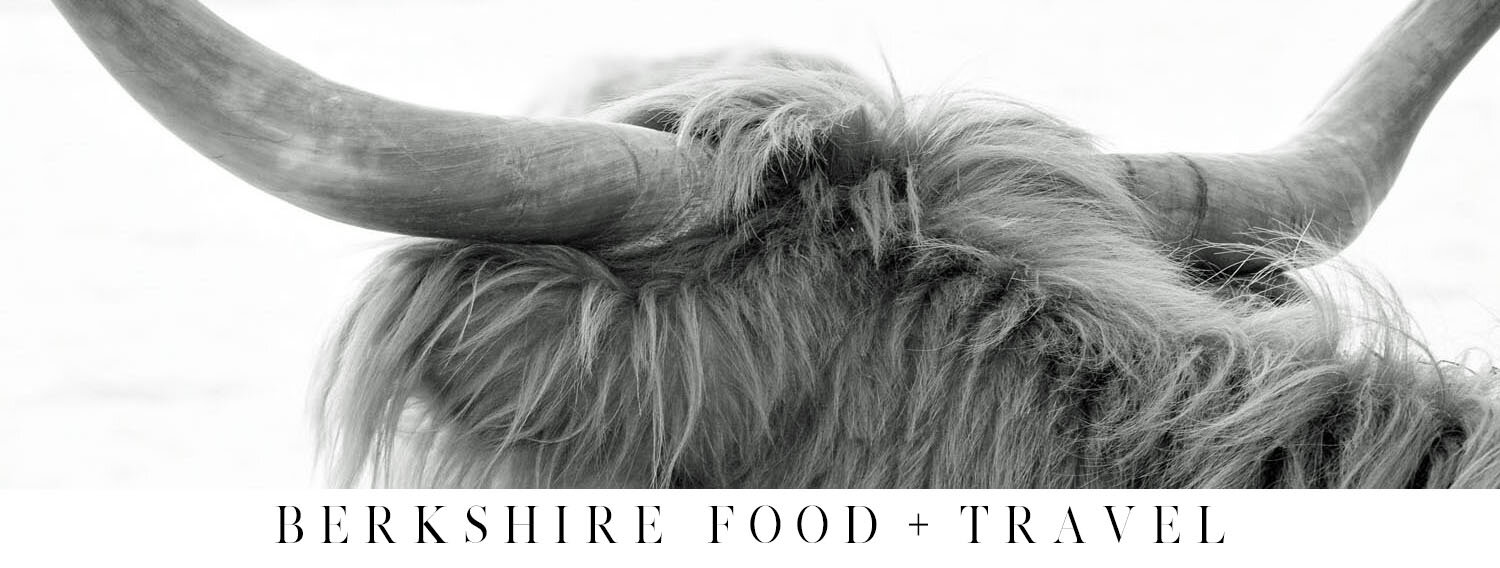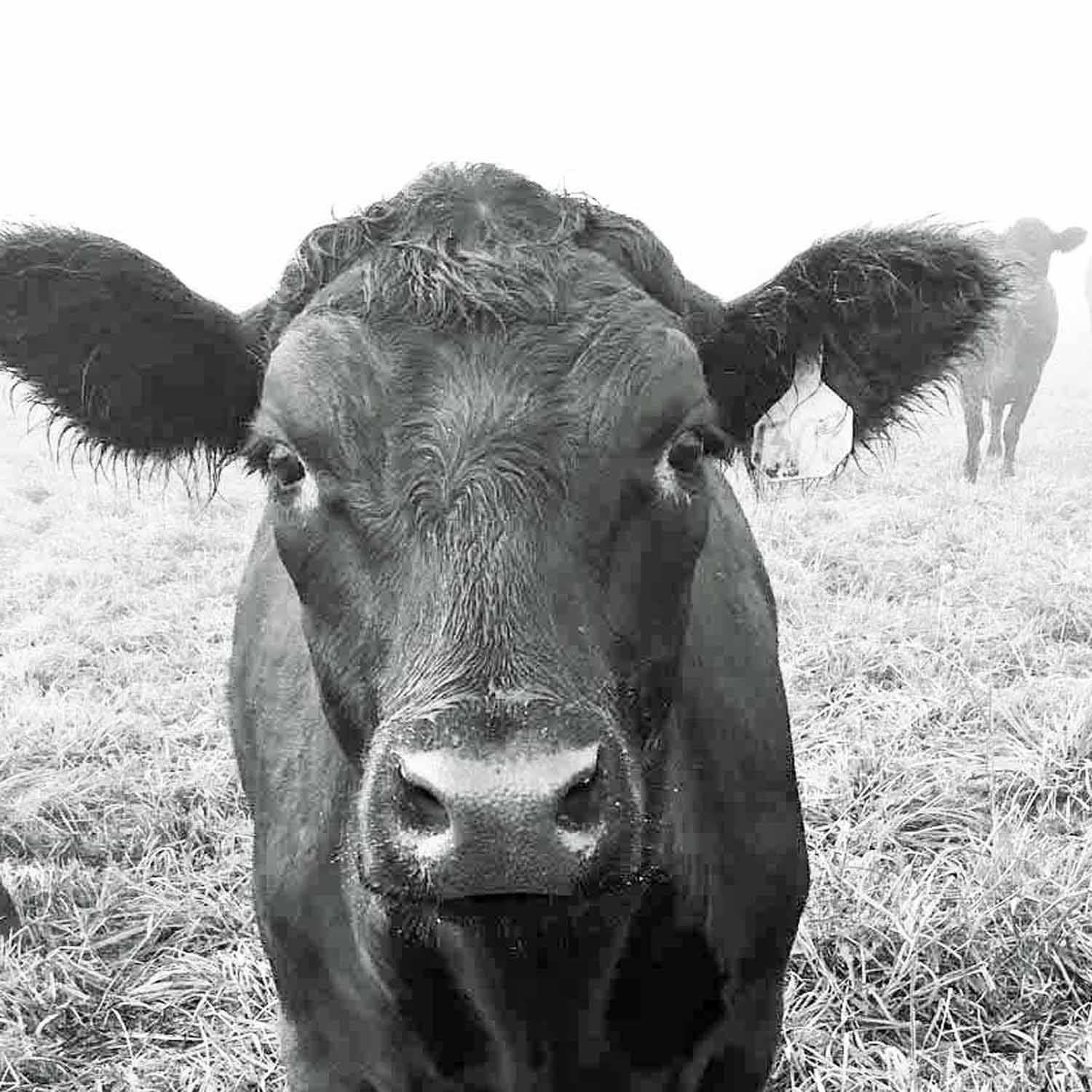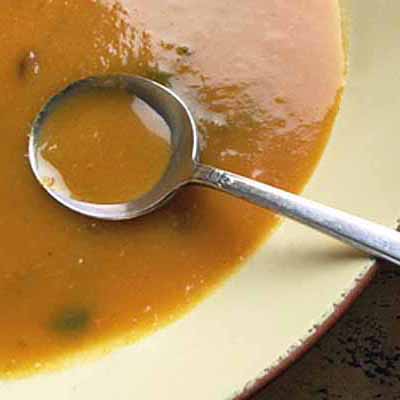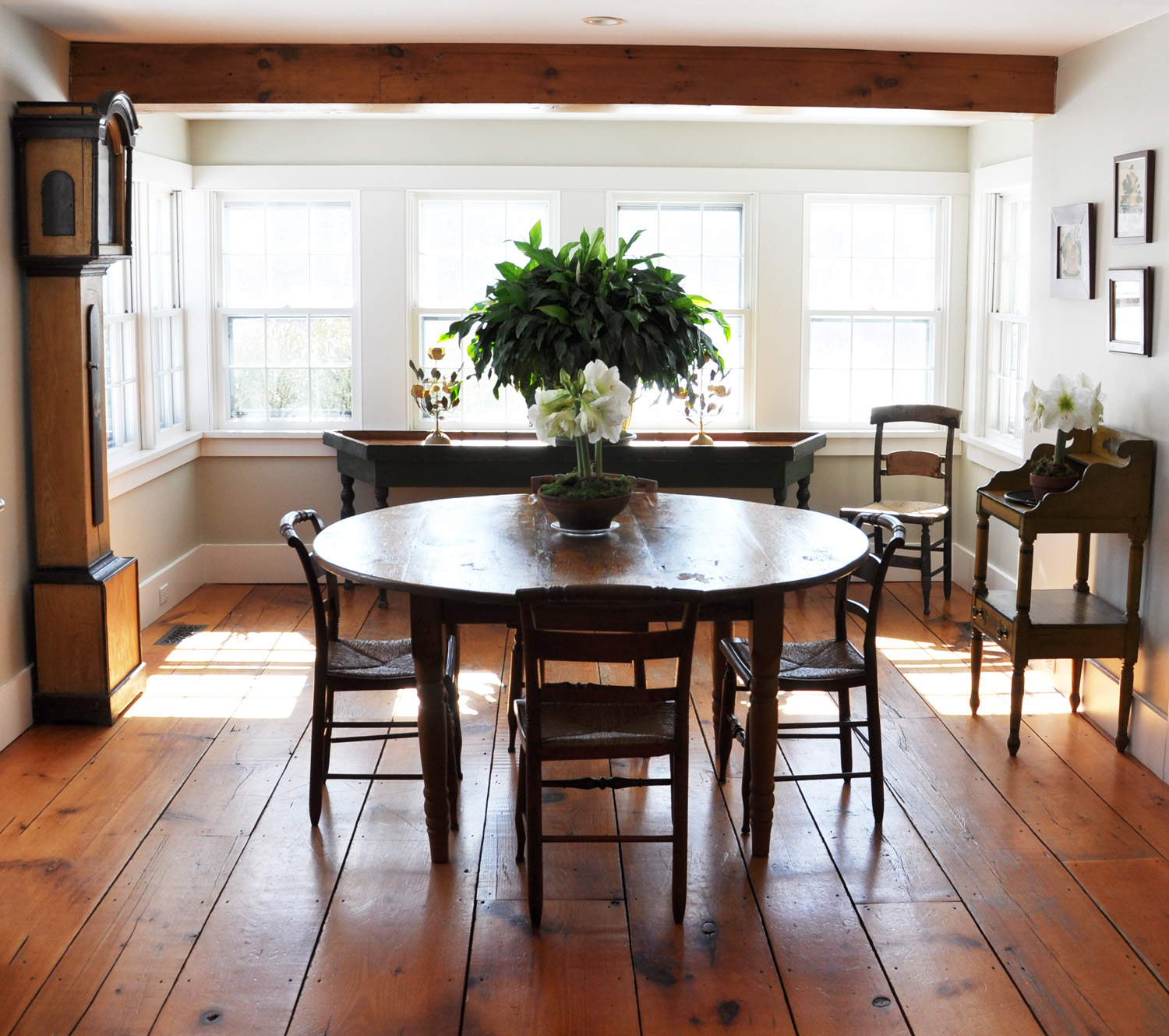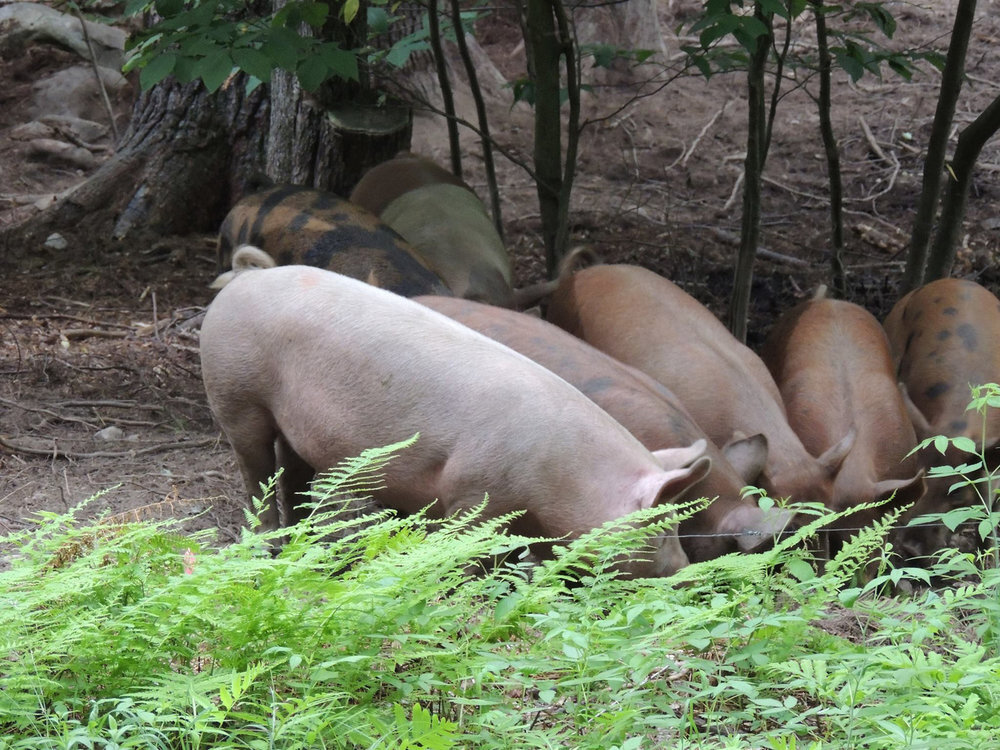RAWSON BROOK FARM
Susan Sellew owns and operates Rawson Brook Farm in Monterey, MA, and produces Monterey Chevre, a delicious goat cheese.
INTERVIEW: "I bought my first goats in Maine. and the goats were interesting, because as a child, one of my first nightmares was about a goat. We were driving around thinking we wanted to buy these goats, and then a woman sold us some Alpines, which I still have to this day, and luckily we bought good ones."
"I just found them to be the most fascinating and practical animals. I like their curious nature, I like their intelligence. They're not trying to be 'good', in fact it seems sometimes like they're trying to be naughty. They're mischievous, they get into all sorts of trouble, but I kind of like that, and over the years I've learned how to manage that. So, it seems like they're very well-behaved here at the farm, but really I'm the one who's well behaved, they have me well-trained to have everything just-so for them."
"I had them long enough before I designed the barn, so that I could design it around their behavior, to know what they'd like to do, what they might not like to do, what they'd be willing to do on a consistent basis. And, they are different … we have familial lines. Sometimes you'll see a behavior in one, and several generations down I'll see a behavior trait, and I'll say 'whoa … is she related to so-and-so?' And we'll look it up, and sure enough, her grandmother used to do that. So, it's fun!"
"We pasteurize the milk, and we add the particular mix of cheese-making bacteria that I've chosen and I like. We add a little teeny amount of animal rennet to that. And, that incubates and the next day we ladle it into cheese cloths and hang it on a rack where the whey drips out. And, out of about a thousand pounds of milk we get maybe 150 pounds of cheese."
"Some people call the chives and garlic 'the original'. Goat cheese was still regarded with suspicion when we started. If I were out sampling somewhere, I'd say 'oh, would you like to taste this cheese that I make?'. And, we would use the chives and garlic. And they'd say 'it's delicious, now how do you make that?' and I'd say 'well we make it with our goats' milk … you wait until they've swallowed it the whole way before you'd say that(!)' Because goat cheese was still known as a hard-to-acquire-a-taste-for-product. But, children love it, and we make cheese every other day, and we keep everything fresh and meticulously clean. And the goats' udders are healthy and the milk is healthy, so it doesn't have the strong 'goaty' flavor."
"We have 45 or 50 goats that have babies every year. We usually have about 120 or 130 kids born every year. We have lots of sets of triplets, last year we had nine sets of quads. And a lot of that happens in a very short amount of time. Sometimes within a week to 10 days an average of maybe 35 of them will have babies. We call that kidding season, and we are giving our absolute full attention. Last year, I only missed one birth that I wasn't there for. They're pretty good about not having them in the middle of the night. If I check about 11, and everything's going okay, I can go back and sleep until 4 or 5 and I'll be fine. … It feels very much like just an essence of who I am. It just seems like it's just the perfect thing for me to do. And, it's a very personal business that is reflective of me."
